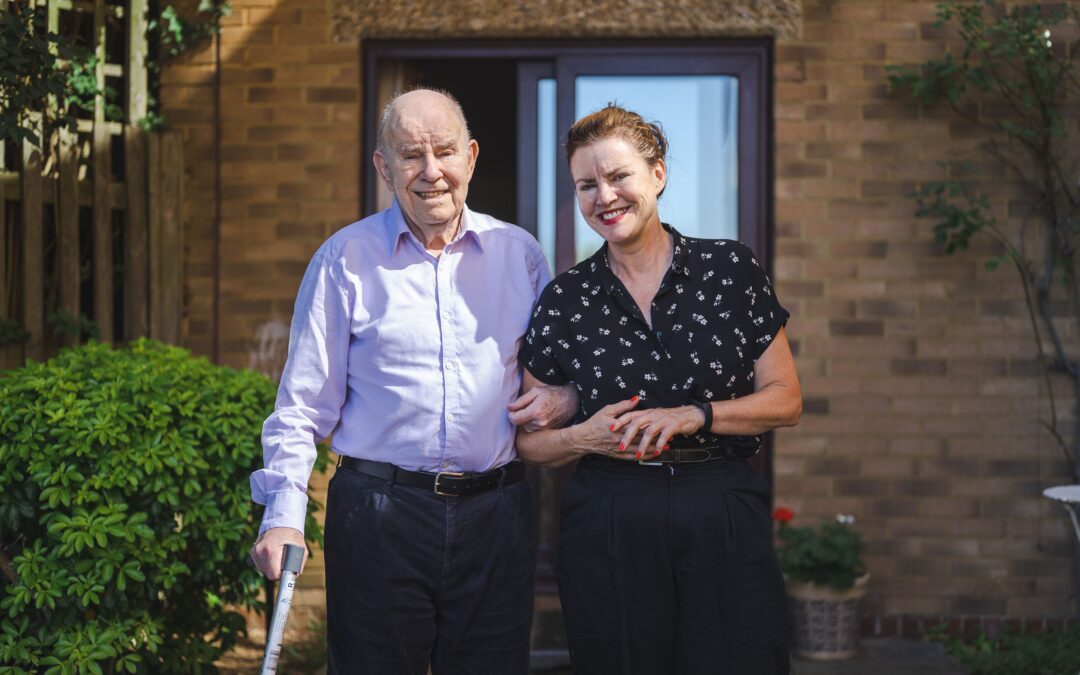This month has been one with a real focus on healthcare, raising awareness with a spotlight on particular areas of concern.
Dementia Action Week through organisations like Alzheimer’s Society has campaigned for improved rates of diagnosis to support those with dementia and the families around them. And Mental Health Awareness Week has prompted discussions about the causes of stress, promoting good mental health for all, whatever their circumstance.
The focus it seems has never been more relevant, with the recent insights into deficiencies of the adult social care systems across the UK. The issues have had an enormous impact, both for those with dementia and other care needs, and those who’ve suffered from poor mental health as a result of the stress it has caused them.
And it’s not just mental health that has been affected, A new survey from Age UK has shown that tens of thousands of people died last year, waiting for social care support that never came due to a lack of funding. 2,388 deaths each month which could have been prevented by timely benefits assessments, care assessments, care packages and reviews for those in later life.
The Department of Health and Social Care has provided councils in England with a 7.5% increase in funds this financial year, but there are still concerns that this will not be enough. Seven million people are worried about getting access to local authority services, while almost five million are concerned about getting help from a carer, access to services such as dementia care, and all the associated costs.
Councils are struggling to meet social care costs, and there are real concerns about being able to meet their legal duties under the Care Act by next year, due to the lack of investment. After years of underfunding, only two thirds of councils are confident that they will be able to meet requirements.
And on the tenth anniversary of The Care Act 2014, councils are demanding urgent attention for adult social care. Calling for government parties to stop treating it as a political football and to make a substantial long-term investment.
The Local Government Association (LGA) highlights that the NHS is too often focussed on its immediate challenges, seeing social care only in terms of how it can support discharges. And real social care funding has relied on one-off injections of resources rather than long-term funding programmes.
Adult social care is at best kept afloat and at worst sometimes ignored, and ahead of the general election, all parties need to work on a cross-party basis to secure the service’s future. It’s something that will affect us all at some point, regardless of our political inclinations, and yet a decade after The Care Act was introduced, we’re still a long way from providing people with the full care and support that they need.
The LGA has quite rightly highlighted that The Care Act was a beacon of hope for those in need of care, but that this hope has well and truly faded. It’s time to take action, to work together towards a solution and to restore the hope for a social care system that will work for us all.
